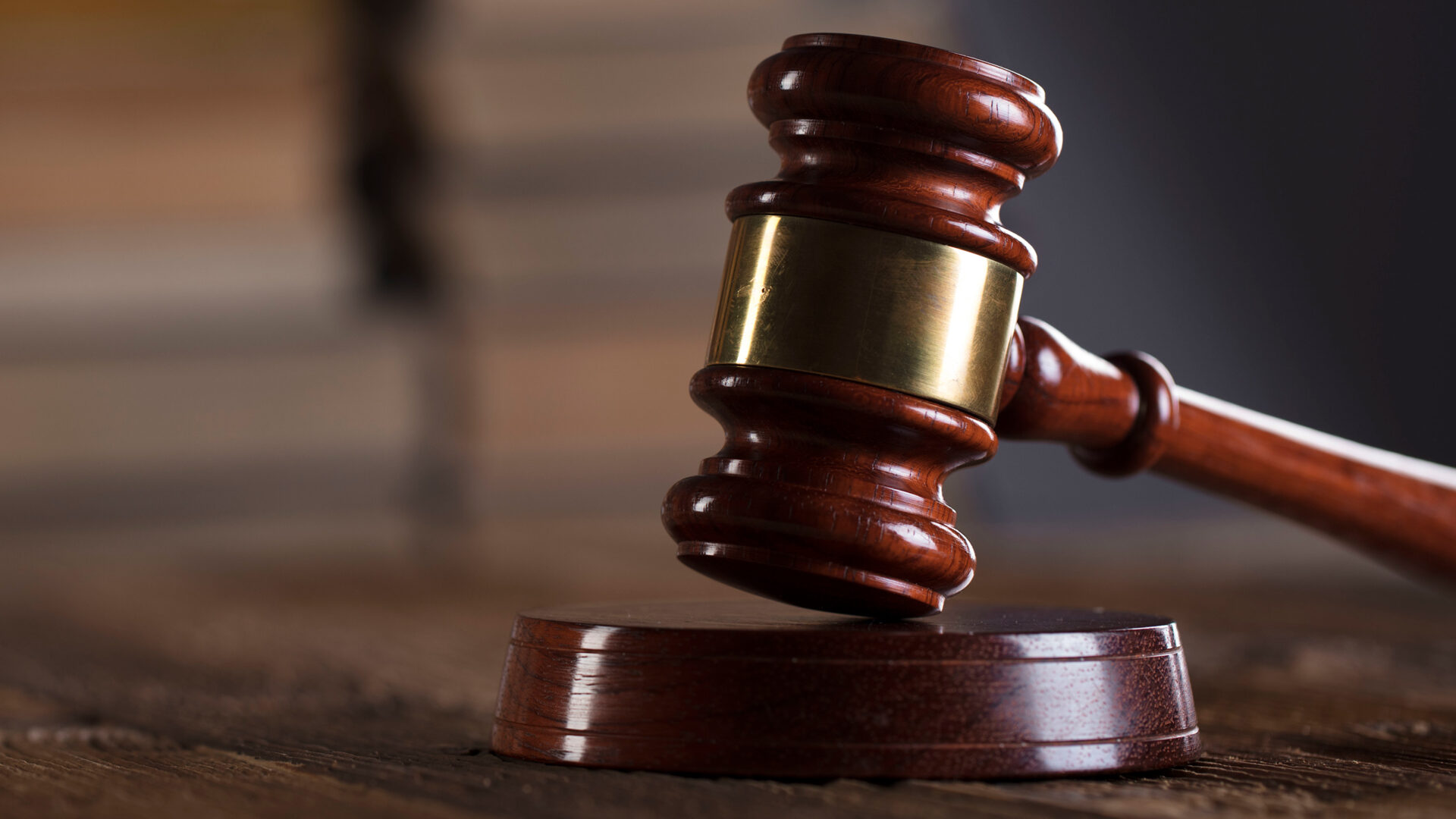The book “Legacy” by author James Kerr is not just a book about rugby, it’s about the principles behind one of the most outstanding and successful teams in world sport, the New Zealand All Blacks. One of the principles they adhere to is “Whakapapa” – a Māori word which is summed up as: “Be a good ancestor. Plant trees you will never see.”
How can we “plant a few trees” for our future generations?
Pensions for toddlers… really?
Although not the most exciting of topics, pensions are a fantastic long-term wealth-building tool, with an instant return of 20% as soon as you put money into it.
For a child, you can make a maximum contribution of £2,880 a year into a pension, which would then receive tax relief of £720 from HMRC, giving a total of £3,600 into the pension pot.
Pensions are a long-term investment which a child or grandchild will unlikely access for at least 57 years (based on current pension rules) – a considerable time frame to allow compound returns to work their magic. After all, Albert Einstein called compounding the eighth wonder of the world for a reason.
If, for example, you made just four maximum pension contributions of £2,880 for a newborn child/ grandchild over the course of the first four years of their life, this would cost you £11,520. Each contribution would receive tax relief of £720, building a grand total of £14,400 in their pension pot.
You may then wish to invest the pension pot into, say, a basket of global equities, which has historically returned 8% p.a. on average over the long term.
Based on this return, your grandchild’s pension pot could be worth as much as c.£1.53m by their 60th birthday and £2.28m by age 65, which in today’s money equates to c.£630,000 (accounting for inflation at 2%).
Although the level of returns is not guaranteed, I still find it pretty remarkable that the difference between £11,520 and £2.28m is essentially the time frame and the right allocation of your money to equities. Furthermore, your child/ grandchild can’t access their pension until their own retirement and hence doesn’t interrupt the compound effect.
Snakes and property ladders – Lifetime ISAs
The UK has a bias for buying property, compared with the rest of Europe. It feels like such an aspirational achievement for anyone to get themselves ‘on the ladder’ and over the past 30 years, it’s getting increasingly difficult for savers to do this without financial support from their families.
Put into context, compared to 1970, the average house price is now 65 times higher, while average wages are only 36 times higher.(1)
Back in 2016, the government announced a way to address the first-time buyer crisis and help savers build a deposit for their first home. A Lifetime ISA (or ‘LISA’) can be opened by a person aged 18 or over, but they have to be under 40. You can put in £4,000 per year and the government will add a bonus of 25% to contributions (up to a maximum of £1,000 per year for the tax year 2025/26).
You can hold stocks and shares or cash in the LISA and you are able to use the proceeds to help towards the deposit for a first home (up to a purchase price of £450,000). The caveat being that if you don’t use the Lifetime ISA to buy a house, you cannot usually access this, without losing your 25% bonus, until age 60.
Repackaging a classic – Junior ISA
Junior ISAs (which replaced Child Trust Funds) are individual savings accounts for children under the age of 18. These can be invested in stocks and shares or left in cash. Junior ISAs, much in the same way as regular ISAs, are very tax-efficient products with no tax on growth or withdrawals. The maximum you could put into a Junior ISA is £9,000 per annum (2025/26).
We have seen our own clients use Junior ISAs to help fund anything from driving lessons, buying their first car, living costs at college or university, or a house deposit.
One key point to note is that your child or grandchild will have full entitlement to their funds at age 18. In theory, they could go and spend this on anything, but this leads me to my final point…
Knowledge is power – financial literacy
Leaving a legacy might not be just financial: giving the younger generation the power of knowledge could be just as important.
Preparing your children or grandchildren for financial responsibility is something we take a lot of pride in as part of our intergenerational planning, and we are always happy to get them involved in conversations to start them on a path of financial education.
Find out more
Here at Equilibrium, we offer free financial literacy skills training to primary schools to provide children with the foundations to build a sound financial understanding that they can carry with them throughout their life. Find out more here.
This article is intended as an informative piece and does not constitute advice. Past performance is for illustrative purposes only and cannot be guaranteed to apply in the future. Investments will fall as well as rise and investors may not get back the amount originally invested.
If you have any further questions, please don’t hesitate to contact us. If you’re a client you can reach us on 0161 486 2250 or by getting in touch with your usual Equilibrium contact. For all new enquiries please call 0161 383 3335.
(1) How many people had help from their parents to buy their first home? | YouGov

 Ben Harrison
Ben Harrison 




